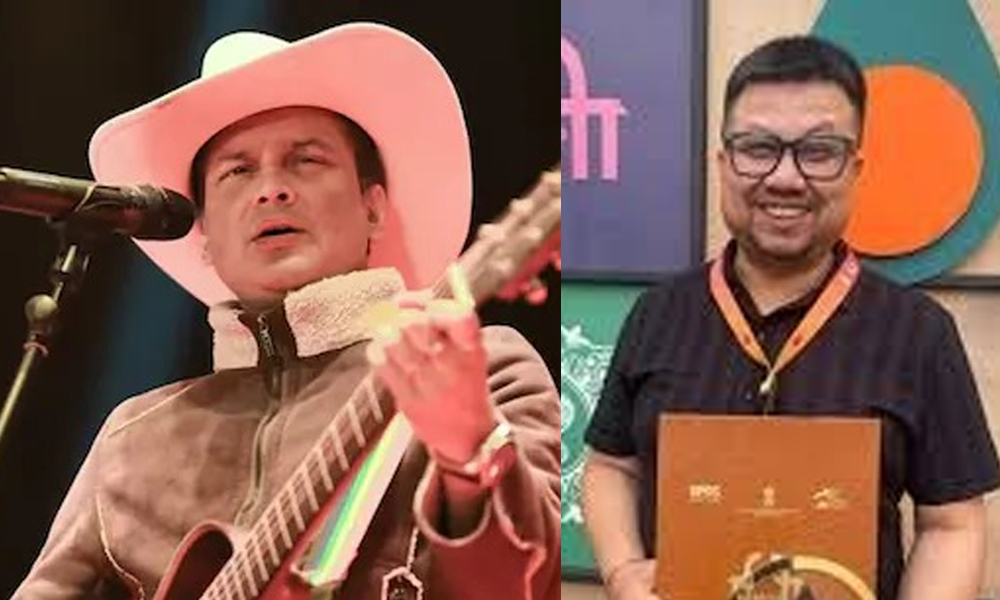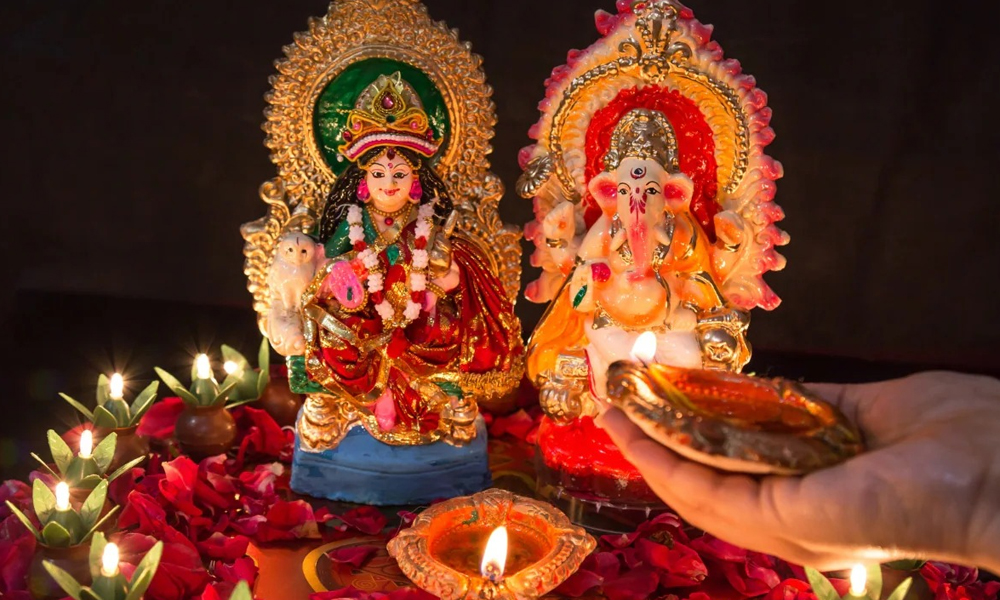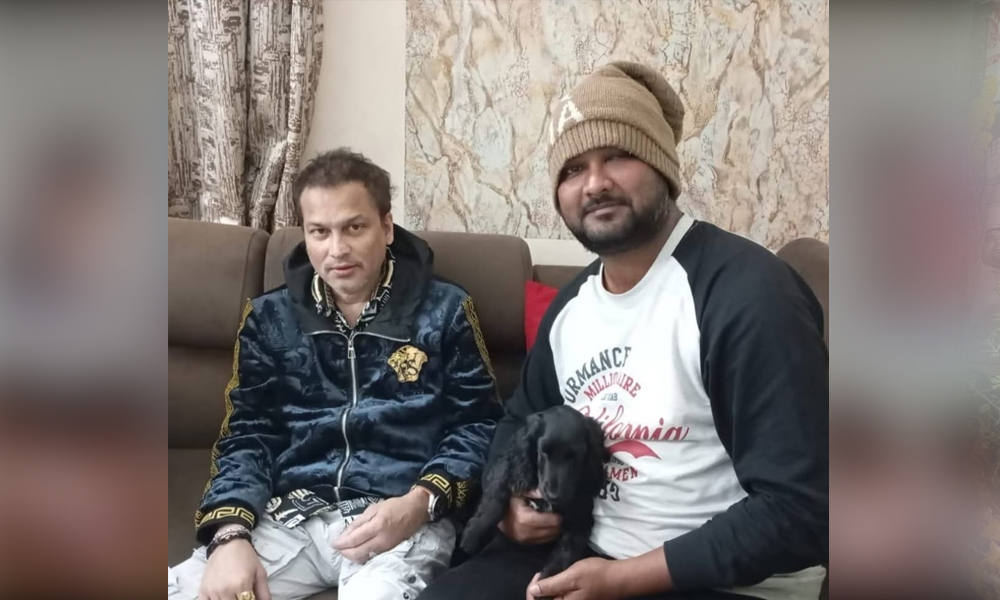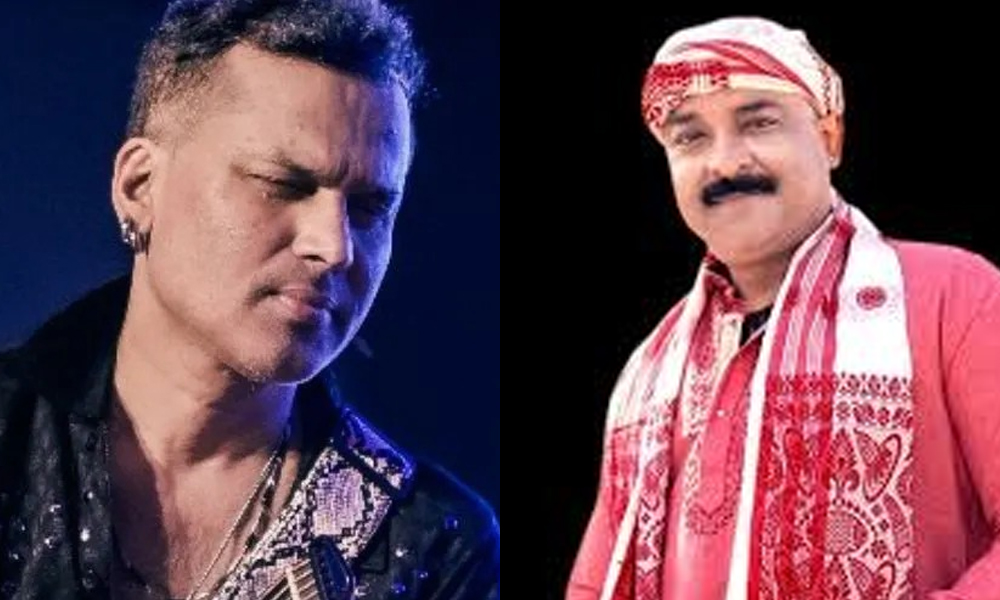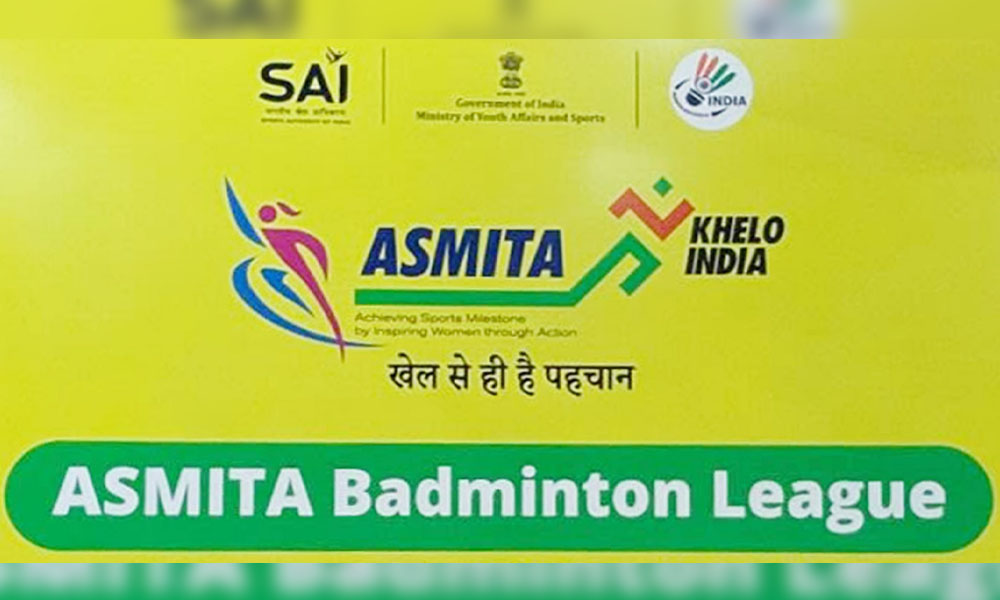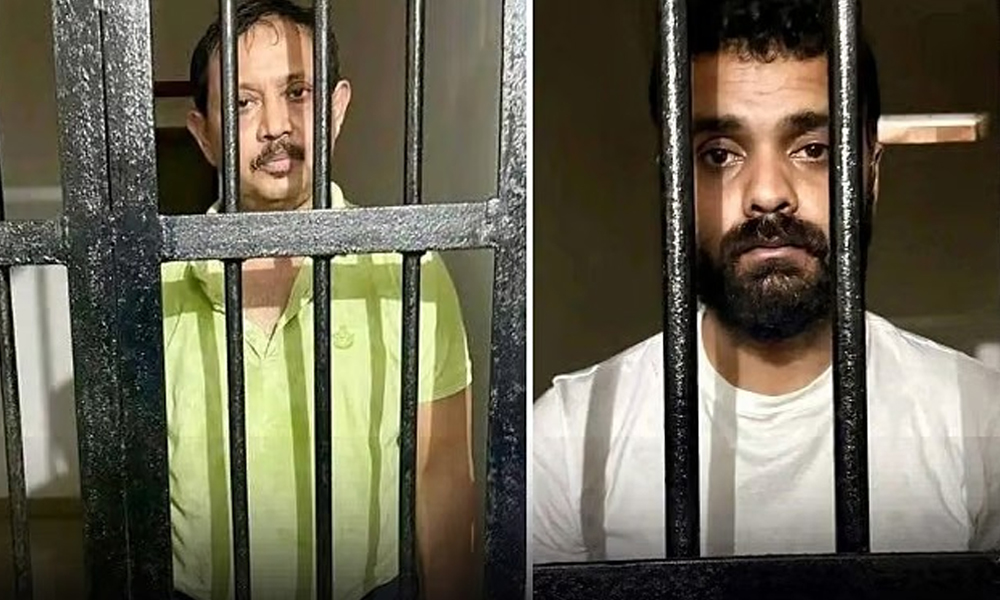The role that a surname plays in relation to social reality and a child's sense of self in their specific surroundings is more essential than its significance as a marker of lineage and should not just be interpreted in terms of history, culture, and lineage. Surname homogeneity emerges as a means of establishing, maintaining, and displaying "family."
Digital Desk: The
Supreme Court on Thursday supported an Andhra Pradesh woman's choice to remarry
and change the surname of her little boy who was born to her deceased husband.
A bench of Justices Dinesh Maheshwari and
Krishna Murari stated, "After the death of her first husband, being the
only natural guardian of the child, we fail to understand how the mother can be
lawfully prohibited from enrolling the child in her new family and determining
the surname of the child."
The court was hearing an
appeal regarding January 24, 2014, judgement of the Andhra Pradesh High
Court, which had ordered her to change the child's surname back to the one he
had before, list the late husband as the boy's biological father in all
records, or, if that was not possible, list the new husband as his step-father.
Justice Maheshwari,
writing on behalf of the bench, disagreed, stating: "A surname refers to
the name a person shares with other family members, as opposed to that person's
given name or names; a family name. The role that a surname plays in relation
to social reality and a child's sense of self in their specific surroundings is
more essential than its significance as a marker of lineage and should not just
be interpreted in terms of history, culture, and lineage. Surname homogeneity
emerges as a means of establishing, maintaining, and displaying "family."
Regarding the instruction to identify the
appellant's husband as the child's stepfather, the SC remarked that it was
"almost cruel and senseless" given the potential effects on the
child's mental health and self-esteem.
"A
name is important as a child derives his identity from it, and a difference in
name from his family would act as a constant reminder of the factum of adoption
and expose the child to unnecessary questions hindering a smooth, natural
relationship between him and his parents, according to the judgement.
Therefore, we don't think it's strange that the appellant's mother gave her
husband's surname to the child after her second marriage or even adopted the
child.
The court said “the mother being the only
natural guardian of the child” in question, “has the right to decide the
surname of the child. She also has the right to give the child in adoption”.



